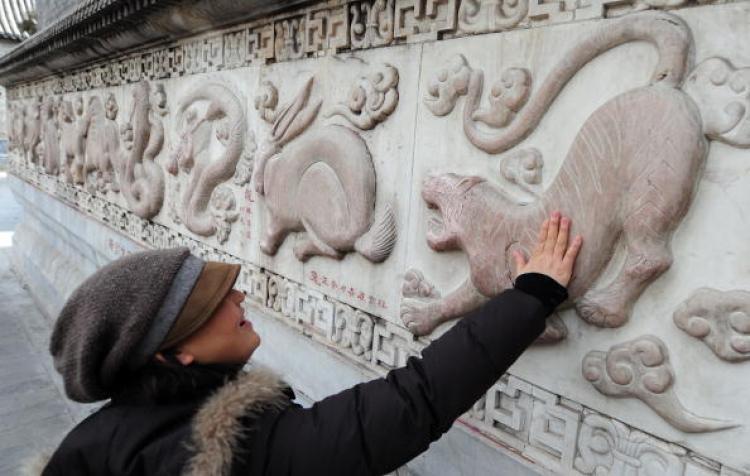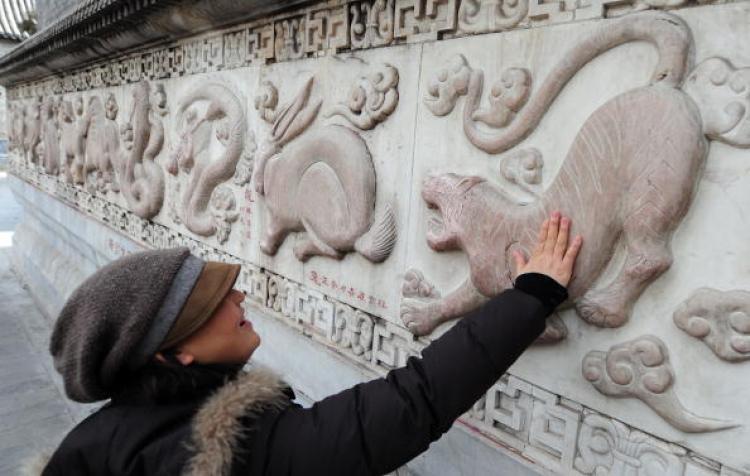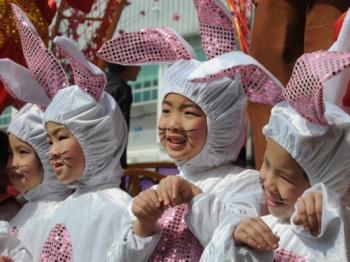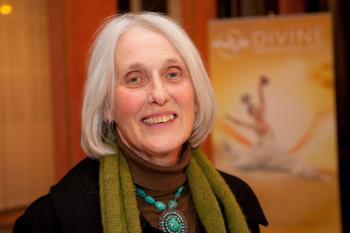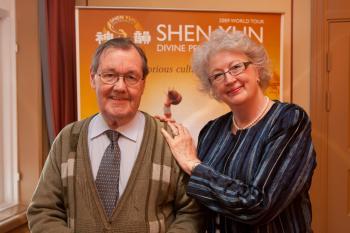Legends and mythology are a big part of Chinese culture, especially in relation to the Chinese calendar. Chinese people have every reason to be proud of those treasures, although many of them are regarded as myths by modern science.
There are three types of calendar systems: solar, lunar, and solar-lunar calendars. A solar calendar counts the time it takes for the Earth to go round the Sun once as one year. A lunar calendar uses the time that it takes the Moon to go round the Earth as one month. A lunar year is about 11 days shorter than a solar year.
The ancient Chinese calendar is a solar-lunar calendar. The months are set according to the cycles of the Moon, and the years are set according to the solar year. In order to match the months to the seasons, a leap month is created. The Chinese usually refer to the ancient Chinese calendar as the “lunar calendar.” It is also called the “agricultural calendar.”
The 12 Animals
The 12 animals on the Chinese Zodiac calendar are believed to be chosen by a god to represent 12 years, and to continue this cycle every 12 years. The order of the 12 animals is rat, ox, tiger, rabbit, dragon, snake, horse, sheep, monkey, rooster, dog, and pig.
The 12 animals that represent years in China include a teaching offered to ancient Chinese, enabling them to better manage time and their lives. Along with this teaching, it offered Chinese a vital way to understand human beings and our connection with the universe.
The Celestial Connection
An important aspect of the Chinese calendar is the sexagenarian cycle. This is a combination of the 10 “heavenly stems” and the 12 “earthly branches.”
The combination of the heavenly stems and earthly branches form the title for every year. Each character represents a year and runs from the first to the last, and then starts from the beginning again.
The ancient Chinese calendar represented a means for people to act appropriately to developments in nature and the cosmos and assured them a secure, happy life.
The Significance of the Calendar
The gods in ancient China were called sages in Western cultures. It was said that a Taoist god, or sage, passed on this principle: This universe is made of five elements—metal, wood, water, fire, and earth—and these elements exist in all matter within this universe. Also, there is the “yin-yang” (negative-positive) composition of all matter. So, certainly it is in every human body.
There are some ancient Chinese books that indicate the composition of the five elements and the yin-yang balance in every heavenly stem and earthly branch, and their changing patterns. For instance, when a person is born, the composition of the five elements and their “yin-yang” balance that was carried by that person is set, and it can be read by using calculations.
Source: China Competence and China Uncensored
